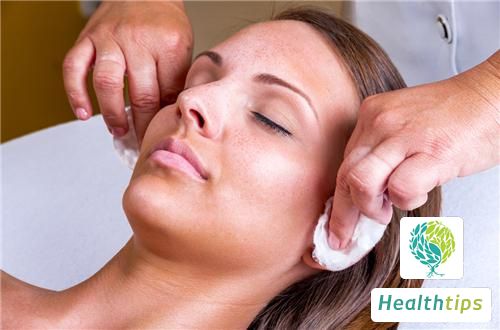What is the age range for a newborn baby?

The age range of newborns starts from the moment the umbilical cord is cut and tied until they reach 28 days old. Based on clinical experience, there is a standard for newborn health, including crying after birth, a pulse rate between 120-140 beats per minute, the ability to seek food independently after birth, a weight between 3000-4000 grams, as well as starting to urinate within 24 hours after birth and a slight yellowing of the skin 2-3 days after birth.
Newborns refer to infants who have been delivered from the mother's body, starting from the time the umbilical cord is tied, until they reach 28 days old. After birth, breastfeeding should be initiated as soon as possible to promote milk secretion. There are ten standards for newborn health, including the essential condition of independent breathing, initial breathing considerations, physical examinations, and common illnesses.
Normal newborns should start suckling the mother's nipple within half an hour after birth, no later than 2 hours. Early suckling promotes milk secretion. Breastfeeding does not need to be timed and can be done according to the baby's needs. If breastfeeding is not possible due to certain reasons, formula milk can be used, feeding every 4 hours with 60-90mL each time. Feeding with sugar water is not recommended, and a small amount of plain water can be given if necessary.
Pay attention to skin cleanliness. Before the umbilical cord falls off, newborns should not be bathed in water. After daily bathing, use a disinfected alcohol swab to remove secretions or blood from the umbilical cord area, then apply umbilical cord antiseptic powder to keep the area dry and clean. Bathe daily, use less soap to prevent abrasions, and apply comfrey oil to skin folds. It is not recommended to use talcum powder. Newborn clothes should be made of soft cotton fabric, loose and easy to put on and take off. Avoid using straps or tight bindings to prevent affecting the development of the chest and limbs.



















